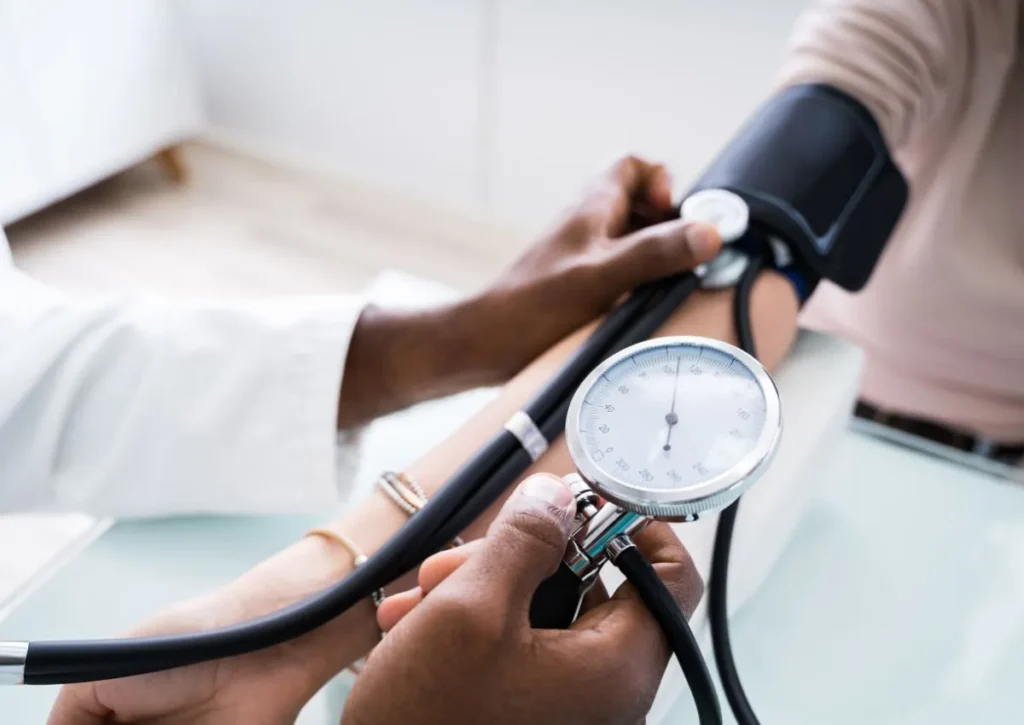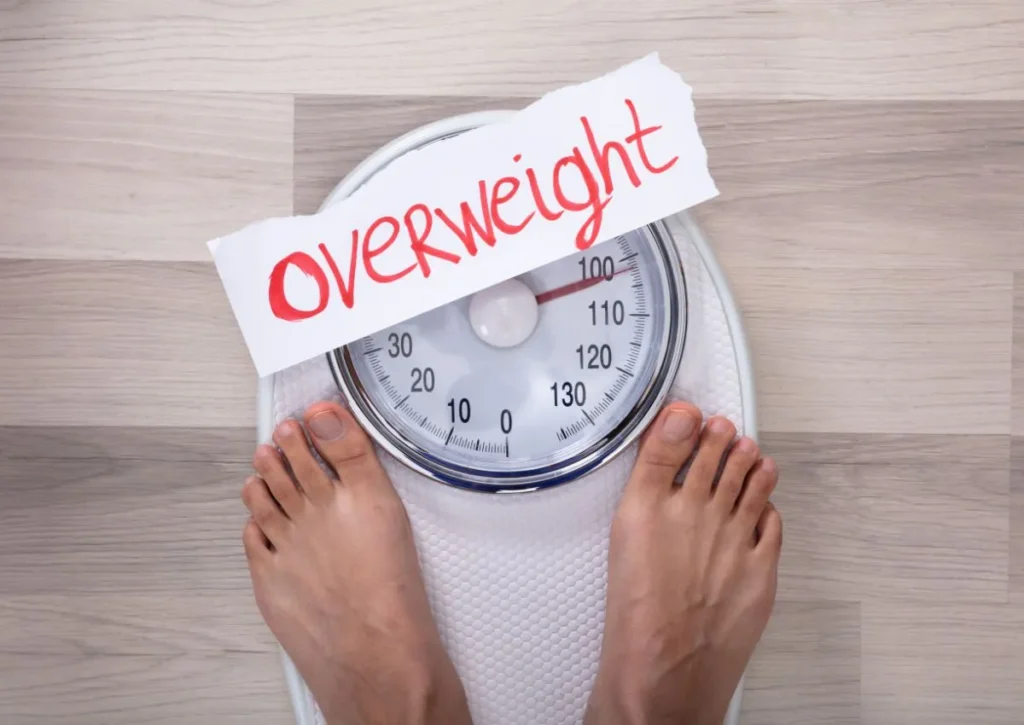Hypertension in Young Adults: Causes, Risks, and Prevention Strategies
Nov 27, 2024
Hypertension, or high blood pressure, is becoming more common among young people, with 1 in 8 adults aged 20 to 40 now affected. This rise in heart attack risk among young adults is a serious concern. Although it’s often assumed that younger individuals are generally healthy, high blood pressure frequently goes unnoticed in this group.
The statistics show a troubling trend: hypertension rates are increasing in individuals in their 20s and 30s. Key factors include lifestyle choices such as obesity, smoking, and high salt intake. As more young adults face rising levels of obesity and cigarette use, the likelihood of developing high blood pressure increases significantly.
Understanding these risk factors and taking steps to address them is essential for preventing future heart and vascular problems. By focusing on early detection and lifestyle changes, we can reduce the incidence of high blood pressure and its long-term health effects.
What is Hypertension?
Hypertension happens when the force of blood against the artery walls is consistently too high. Many people with hypertension are unaware they have it.
Understanding Blood Pressure Readings

Blood pressure readings consist of two numbers. The top number (systolic) measures the force when the heart beats, and the bottom number (diastolic) measures the pressure between beats. Blood pressure readings between 130-139/80-89 mm Hg signal Stage 1 hypertension, and anything higher is classified as Stage 2 hypertension.
Why Hypertension is Called a “Silent Killer”
Hypertension doesn’t always come with warning signs, which is why it’s often called the “silent killer.” People can feel perfectly fine, yet have dangerously high blood pressure. Regular screenings are essential to detect hypertension early and prevent serious complications like heart attacks and strokes.
Why Hypertension is Increasing in Younger Populations

High blood pressure is no longer an issue only for older adults. It’s now affecting young adults at an alarming rate. Several factors contribute to this trend.
The Role of Obesity and Diabetes
Rising obesity rates are closely linked to hypertension in young people. Excess weight makes the heart work harder, increasing blood pressure. In addition, conditions like diabetes also raise the risk of high blood pressure. Studies show a direct connection between rising obesity rates and higher hypertension cases among young adults.

Lifestyle and Behavioral Risk Factors
A sedentary lifestyle combined with poor eating habits—like consuming a high-salt diet—contributes to high blood pressure. Smoking and vaping, often used to manage stress, also raise blood pressure, putting young adults at higher risk of developing hypertension.

Health Consequences of Untreated Hypertension
Untreated hypertension can have serious consequences for young adults, impacting their health in various ways.
Hypertension and Cardiovascular Disease
Hypertension increases the risk of heart disease and heart attacks. In fact, 1 in 5 heart attacks now occur in people under 40. When blood pressure is high, the heart has to work harder, which can lead to hardened arteries and, eventually, heart failure.
Impact on Kidneys and Brain
Hypertension also affects the kidneys and brain. It can lead to kidney failure by overworking the kidneys, and it increases the risk of strokes by reducing blood flow to the brain. Untreated hypertension creates long-term damage, making it a significant health risk for young adults.
Hypertension Symptoms and Signs
Some early warning signs of hypertension can include morning headaches, shortness of breath, nosebleeds, or dizziness. If these symptoms occur, it’s important to check your blood pressure regularly to catch hypertension before it leads to more serious health issues.
Preventive Measures for Hypertension
Preventing hypertension is key to maintaining long-term health, especially for young adults. Taking steps now can reduce the risk of developing high blood pressure later in life.
- Diet Changes – Reducing salt intake and adopting a balanced diet rich in fruits and vegetables is essential for managing blood pressure. Eating healthily can help maintain a normal weight, which reduces the strain on the heart.
- Exercise and Physical Activity – Regular exercise is crucial for controlling blood pressure. Activities such as walking, cycling, or dancing can help manage hypertension and improve overall heart health.
- Stress Management – Chronic stress can contribute to high blood pressure. Practicing stress-relieving techniques like deep breathing, yoga, or meditation can help keep blood pressure under control.
- Blood Pressure Checks – Regular blood pressure screenings are vital for detecting hypertension early. Monitoring your blood pressure regularly ensures you can take action before it becomes a serious problem.

Managing Hypertension: Medical Treatments and Support Systems
For those diagnosed with hypertension, medical treatments are available to help control blood pressure. Medications such as ACE inhibitors and calcium channel blockers help relax blood vessels and reduce pressure.
Having a strong support system is also important. Healthcare providers, family, and friends can all play a role in helping you manage your hypertension and make necessary lifestyle changes.
Scheduling a Hypertension Exam Near Me
Scheduling regular hypertension exams is crucial for early detection and prevention. HealthCore Clinic offers comprehensive hypertension screenings to help young adults manage their blood pressure. If you’re searching for a “doctor near me,” HealthCore Clinic provides personalized care to ensure you receive the treatment and support you need.